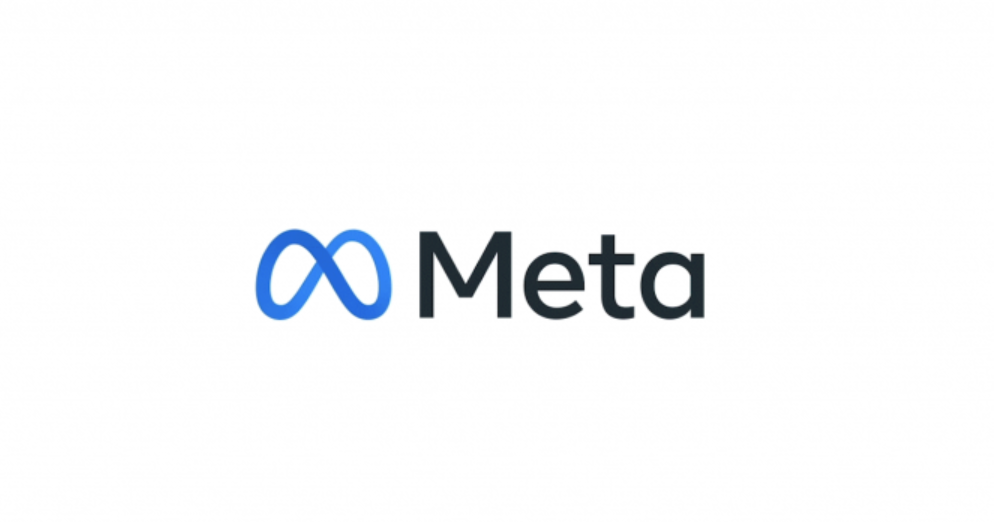42 States Sue Meta Over Concerns Regarding Children’s Mental Health

In a major legal move, attorneys general from 42 states have joined forces to file a lawsuit against Meta, the parent company of popular social media platforms Facebook and Instagram. The lawsuit is based on the allegation that Meta has been deliberately enticing young users in the U.S. to spend more time on its platforms, thereby harming their mental well-being.
Attorneys general from five states (California, Colorado, New York, Arizona, and Illinois) have filed a lawsuit in a California federal court against Meta, accusing them of using technologies to exploit youth and teens for profit.
In addition to the joint lawsuit, nine attorneys general have also filed individual suits in their respective states and the District of Columbia. These suits echo similar concerns about Meta’s alleged deceptive practices that impact its younger user base.
The lawsuit emphasizes several ways Meta has purportedly breached laws that protect young consumers. These include maximizing the time and attention of children on its platforms, leveraging addictive product designs while publicly minimizing risks to children, and overlooking both internal and external research indicating that social platforms can be detrimental to young users. The attorneys general have also referenced the Children’s Online Privacy Protection Act (COPPA) in their lawsuit, alleging that Meta has violated COPPA by collecting data from users under the age of 13 without securing parental consent. Furthermore, they argue that Meta’s business practices, which target young users, breach state consumer protection laws.
However, the Chamber of Progress, a big tech trade group, has countered the lawsuit’s claims. They argue that large empirical studies don’t necessarily indicate that social media is the primary factor behind mental health trends among teenagers.
Paul Barrett, Deputy director and senior research scholar at the NYU Stern Center for Business and Human Rights, suggests that state leaders are strategically filling a “regulatory vacuum.” He believes that the states are hoping that the evidence of harm to vulnerable children will deter Meta from a prolonged public battle, even if Meta can present contradictory evidence. A potential settlement might compel Meta to implement changes that address the concerns highlighted in the lawsuit. While the focus is currently on Meta, the outcome of this lawsuit could set a precedent that impacts the broader social media industry.






